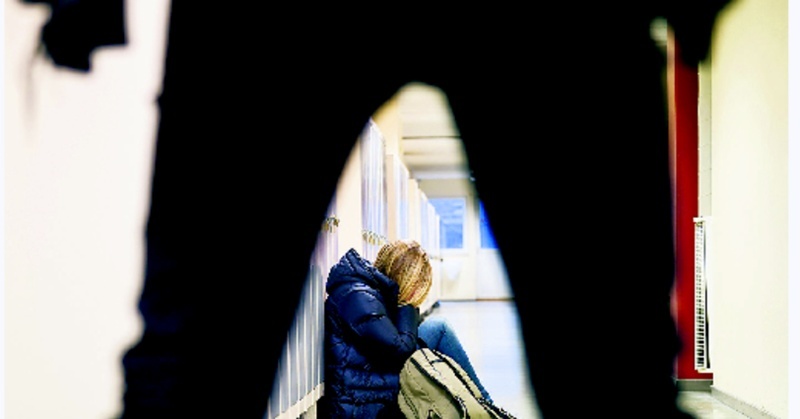A new system for tackling bullying, indiscipline and conflicts is to be rolled out across Angus schools.
Called restorative approaches, it seeks to build on pilot projects in other parts of Scotland by promoting better relationships and encouraging pupils to take responsibility for their actions. Just under 400 Angus pupils were temporarily banned from class in 2009-10 and, with some being sent home more than once, the total number of exclusions topped 700.
The Scottish Government has been keen to see restorative approaches adopted by local authorities. Its review of the pilot projects including one in Fife said they could help resolve conflict and promote harmonious relationships.
Angus education director Neil Logue said, “We believe that all relationships within a school community should be based on mutual respect and that a positive school ethos is essential to the creation of an anti-bullying culture. The development of restorative approaches in our schools and communities will contribute positively to improving the quality of relationships and behaviour of children and young people who are most vulnerable and at risk of being excluded from school.”
It may also help to close the “achievement gap” between these children and other pupils, he added.
The main principles of restorative approaches include fostering good social relationships in a school community, respecting and understanding other people’s views and feelings, and being committed to fairness. In Angus that will involve a range of measures being introduced covering anti-bullying strategies, behaviour management, conflict resolution and mediation.
When confronted with “troublesome and problematic pupil behaviour” the aim will be to find solutions rather than look to imposing sanctions.
The Scottish Government’s positive behaviour team has already provided some training to school and education department staff, including deputy heads from the eight secondary schools. There have also been awareness-raising sessions for staff at Carnoustie High and Forfar Academy.
Councillors have backed Mr Logue’s call for restorative approaches to be rolled out across Angus, with training sessions starting in August. This will include secondary head teachers and primary school staff, along with specialists such as school and family support workers, quality improvement officers and educational psychologists.
Mr Logue said, “It is the responsibility of all staff to support children and young people in their learning and development. The implementation of restorative approaches across Angus is likely to enhance the service’s commitment to provide positive and supporting learning environments.”
